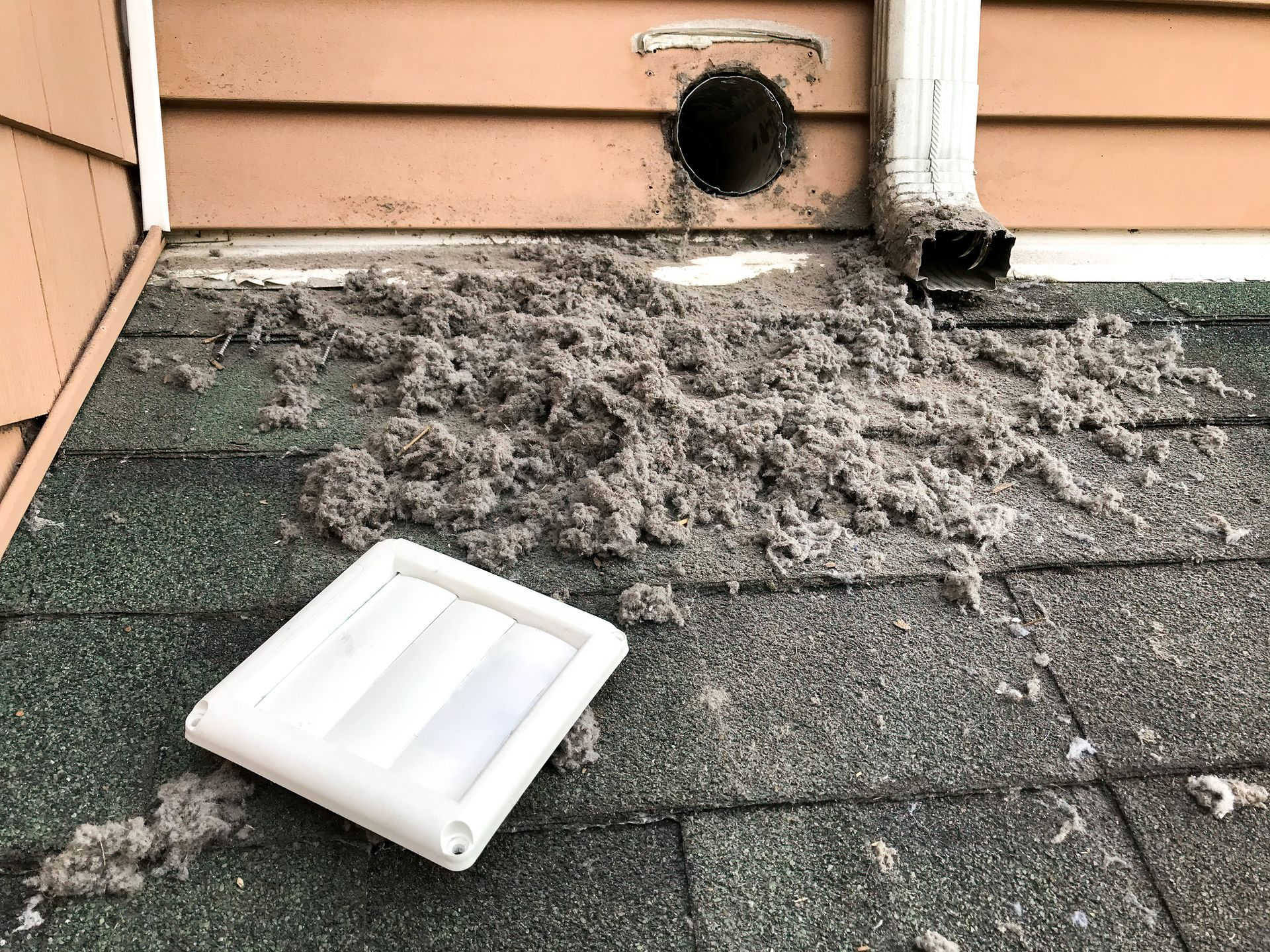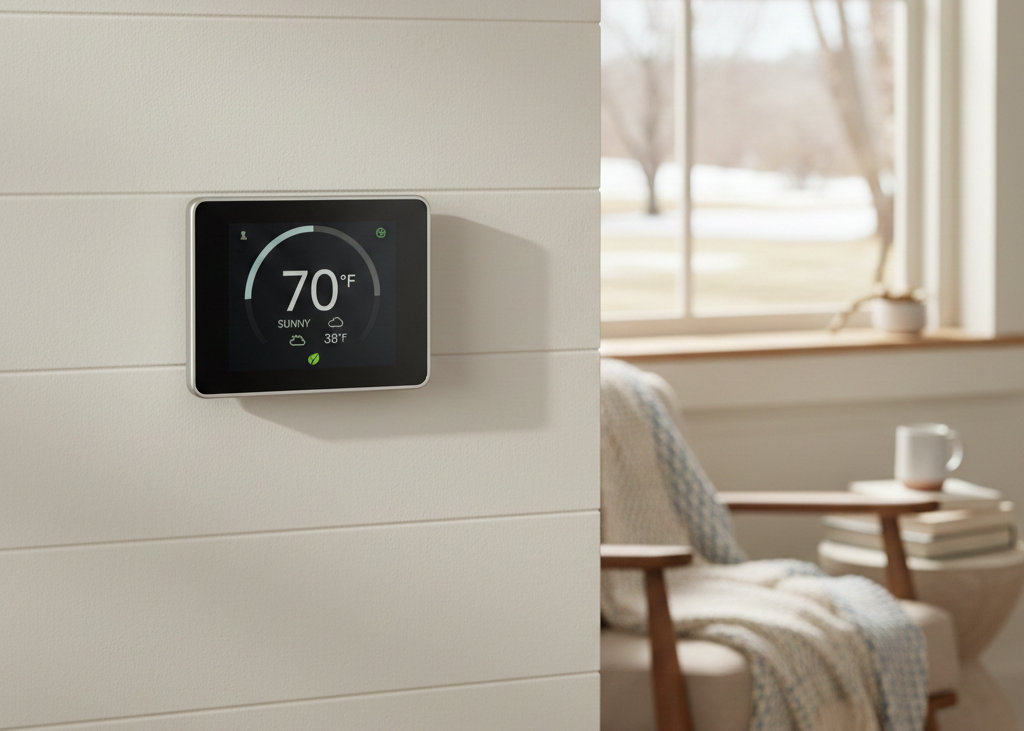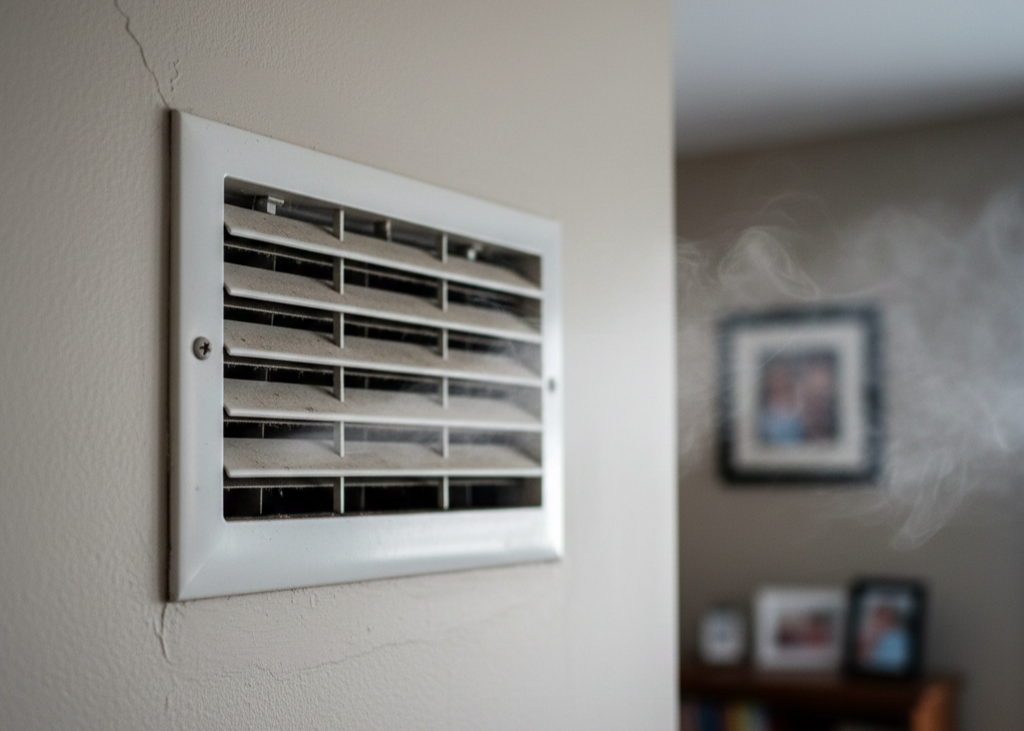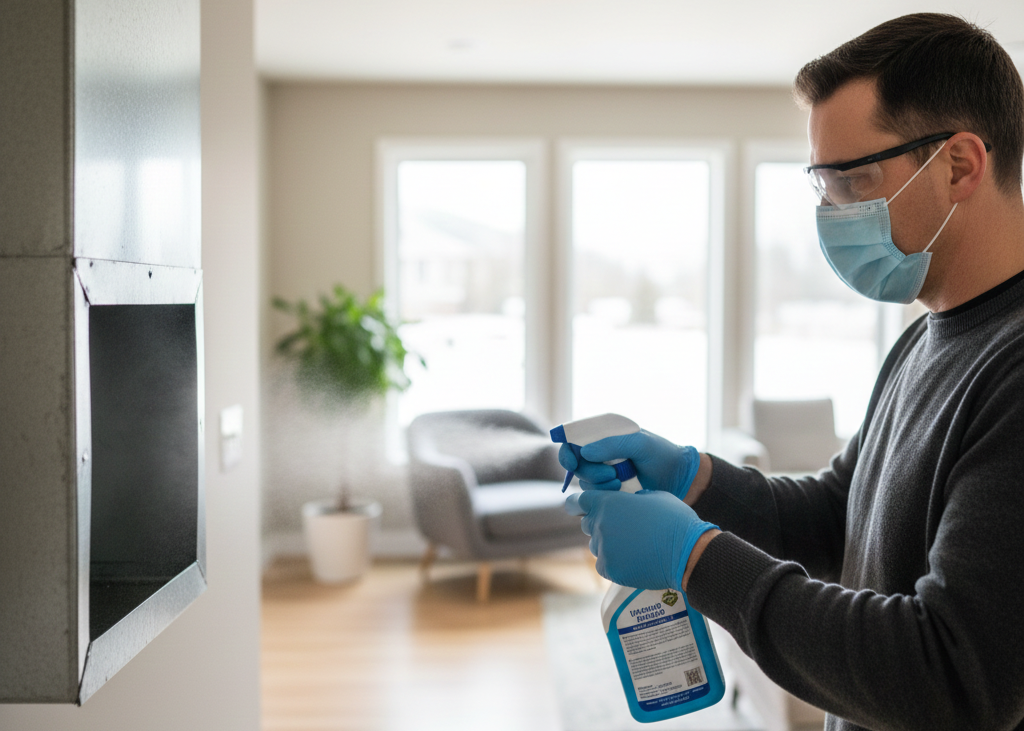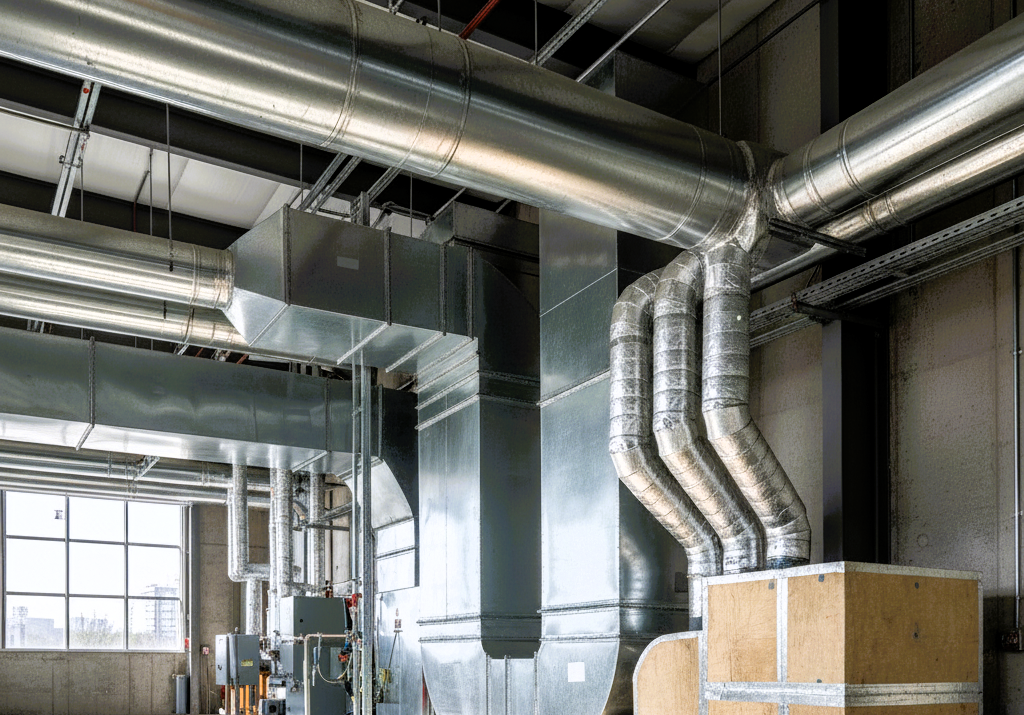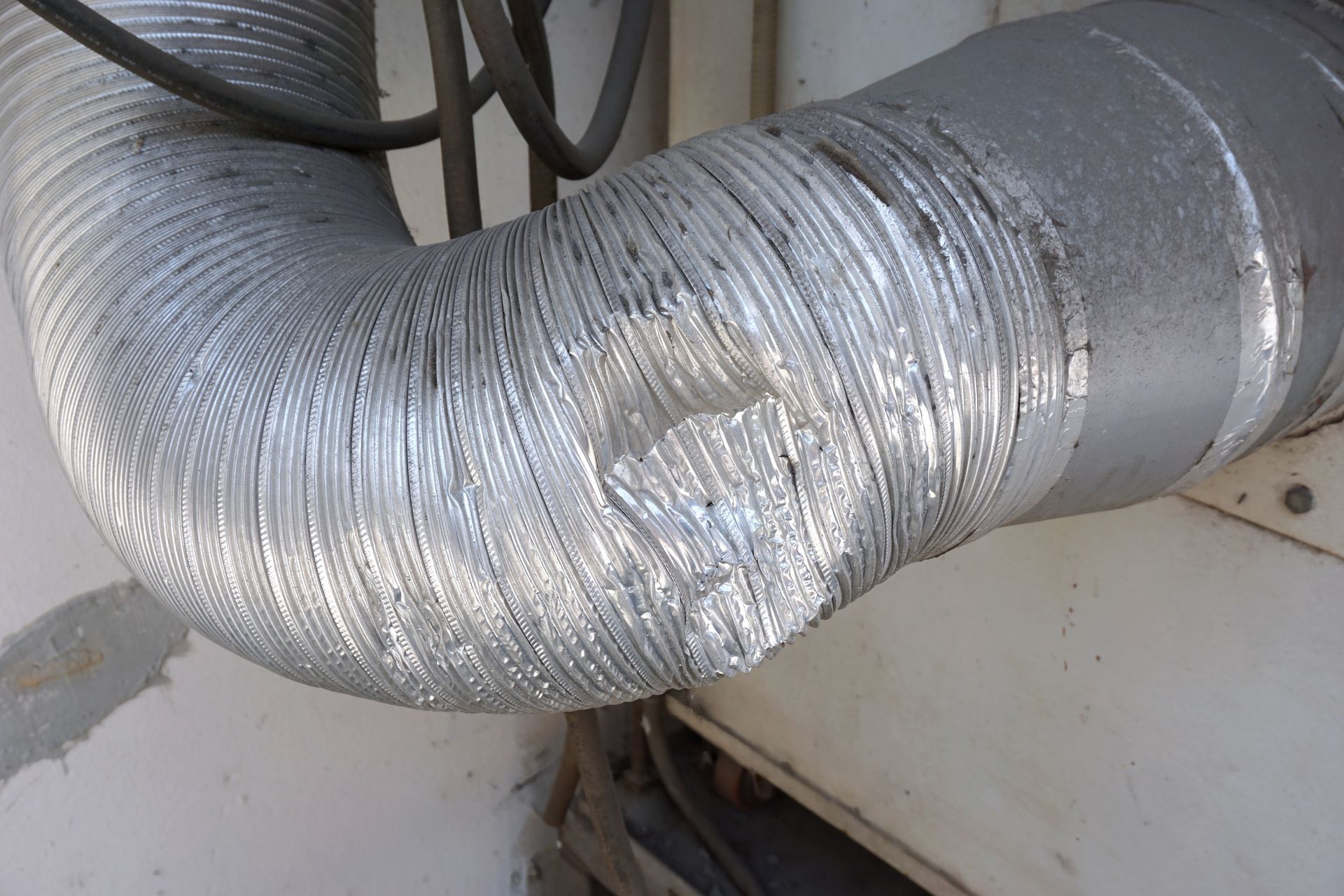The Importance of Air Filter Replacement for Better Indoor Air Quality
How do air filters improve indoor air quality?
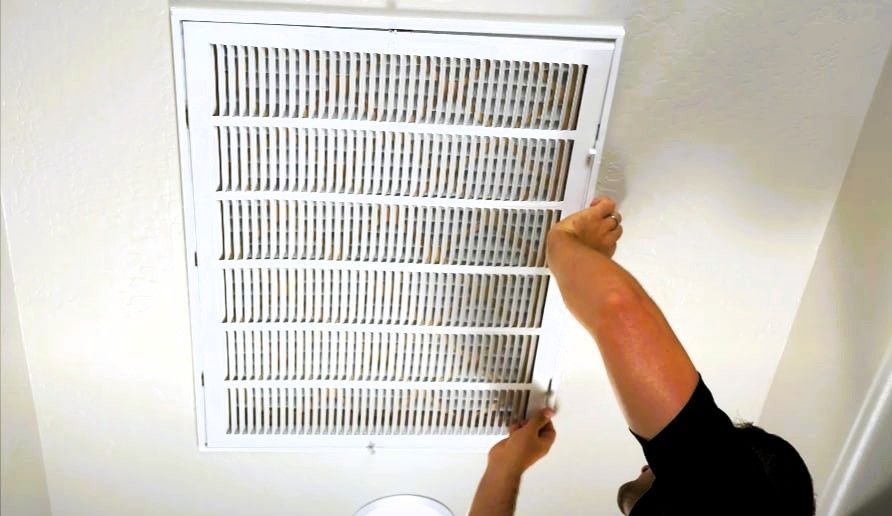
Fresh, clean indoor air is essential for keeping your family healthy and your home comfortable. Seasonal issues for West Michigan homeowners range from pollen in the spring to dust in the winter. An easy solution to combat these problems and keep your indoor air fresh is to change your air filters regularly. This quick and easy task transforms your home into a cleaner, healthier space while boosting energy efficiency—small effort, big impact!
Lakeshore Air Duct Cleaning can provide you with professional solutions to ensure your air conditioner operates efficiently and you breathe clean air throughout the year.
Why Air Filter Replacement Matters
What Do Air Filters Do?
Air filters are like your home's trusty bodyguards, keeping the air you breathe clean and fresh. They grab dust, pollen, pet hair, and all those pesky particles before they can float around your space. Bonus? They also protect your HVAC system from gunk buildup, helping it run like a dream.
The Issue with Clogged Filters
Neglecting to replace air filters at recommended intervals can result in a range of operational and efficiency issues, including:
- Dirty Air: A clogged filter cannot catch all particles, allowing pollutants and allergens to continuously circulate.
- Increased Energy Consumption: A clogged air filter restricts airflow, causing the HVAC system to operate at a higher capacity to maintain desired performance levels. This increased operational strain results in elevated energy usage, subsequently driving up utility costs.
- Reduced HVAC Lifespan: The strain caused by clogged filters can lead to expensive repairs and shorten the lifespan of your HVAC system.
Benefits of Regular Replacement
- Fresher Air: Fewer airborne pollutants mean your family breathes cleaner, fresher air.
- Save Money: A high-performance HVAC system boosts energy efficiency, cutting down your monthly bills and keeping more cash in your pocket!
- Longer HVAC Life: Regular filter replacement reduces strain on your system, helping it last longer.
When’s the Right Time to Change Your Air Filters?
Time to give your filter some love! Change it every 1–3 months to keep things running fresh and clean.
Several factors can influence the replacement schedule:
- Filter Brand: Higher-quality filters may last longer but still need periodic replacement.
- Indoor Air Quality: Homes with fewer pollutants or allergens can go for three months between replacements.
Noteworthy Exceptions
- Pet Owners: Pet dander can clog filters quickly, necessitating a replacement every 1–2 months.
- Smokers: Smoke particles accumulate in the filter, requiring more frequent replacement.
- Seasonal Allergy Sufferers: During peak allergy seasons, like spring and fall, consider changing filters more often to reduce allergens indoors.
Pro Tip
Hold your air filter up to the light—if it’s looking more like a wall than a window, it’s definitely time for a replacement!
How to Tell When It’s Time to Replace Your Air Filter
How do you know when it’s time to change your air filter? Look for these common indicators:
- Worsening Allergy Symptoms: If sneezing, coughing, or watery eyes are more frequent, poor indoor air caused by a clogged filter may be the culprit.
- Decreased Airflow: Uneven temperatures or restricted airflow in certain rooms could point to a clogged filter.
- Higher Energy Bills: Increased HVAC activity due to restricted airflow causes your energy costs to spike.
If you notice any of these issues, don’t delay — replace your filter before further problems arise.
Why Air Filters Are Great for Your Health
Air filters not only enhance comfort but also contribute to your family’s well-being.
- Reduced Respiratory Risks - Clean filters trap particles such as bacteria, mold spores, and allergens, lowering the risk of respiratory problems and allergic reactions.
- Better Sleep Quality - Fewer allergens in the air help prevent nighttime disruptions, ensuring better rest for your whole family.
- Seasonal Protection - During allergy or flu seasons, a well-maintained air filter is essential for maintaining healthy indoor air.
Choosing the Right Air Filter
Filters come in various types, and selecting the right one can dramatically affect air quality and system performance.
What You Need to Know About MERV Ratings
Filters are rated using the Minimum Efficiency Reporting Value (MERV) system, which measures how well they capture airborne particles. This system gives a clear, standardized way to understand a filter’s ability to trap contaminants of different sizes and keep your air cleaner.
- MERV 1–7: Great for catching bigger particles like dust and lint.
- MERV 8–13 (ideal for most homes): Traps finer particles like pollen, mold spores, and pet hair while maintaining good airflow.
- MERV 14+: Provides hospital-grade filtration but may overload residential HVAC systems.
Expert Advice
If you’re unsure which filter suits your HVAC system, consult a professional. Lakeshore Air Duct Cleaning can recommend the best filters tailored to your home’s unique needs, especially if allergies or asthma are concerns.
Bonus Tip
For enhanced filtration, consider higher-quality filters or HEPA (High-Efficiency Particulate Air) filters for optimal air purification.
Breathe Easier with Better Indoor Air Quality
Replacing your air filter is a simple yet impactful action that enhances air quality, reduces energy costs, and keeps your HVAC system functioning at its best. For West Michigan homeowners, where seasonal changes affect air quality, regular filter maintenance is even more critical.
Call Lakeshore Air Duct Cleaning for expert assistance and personalized advice. We’re here to help you make the best choices for your home and promote a healthier, more comfortable indoor environment year-round.

